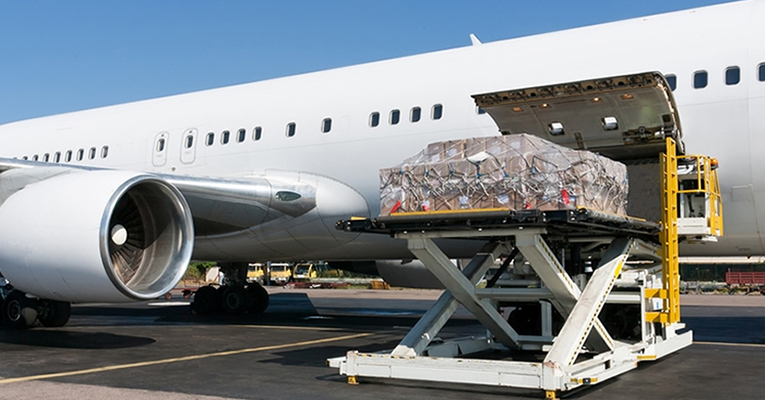GST on international freight to stifle growth of air cargo: PHD Chamber

July 22, 2017: Industry body, PHD Chamber of Commerce and Industry has urged the government not to impose GST on international freight as air cargo trade is already facing many challenges and that such a taxation is also not in vague in economies of scale. At the recently held Air Cargo Summit 2017 organised by PHD Chamber of Commerce and Industry it was debated that “Why would the government of India want Indian exporters to pay an extra 18 percent GST on freight and make goods non-competitive in international market”. Hence GST should not be applicable on international freight, further contended the Summit.
The aforesaid recommendations were made by the Chamber at the recently held Air Cargo Summit 2017 in New Delhi. The topic of the summit was ‘Growth of Air Cargo Logistics in Changing Times’ which was presided over by Chairperson, Airports Economic Regulatory Authority of India, S Machendranathan and moderated by President, PHD Chamber, Gopal Jiwarajka in which Economic Advisor, Ministry of Civil Aviation, Vandana Aggarwal; Chairman, Civil Aviation Committee, PHD Chamber, K Narayana Rao and its Co-Chairmen, Vipin Vohra and Bhupesh Joshi were also present along with its Director, Yogesh Srivastav.
The Chamber has argued that at a time when domestic civil aviation industry anticipates that India will be among the tenth largest international freight market by 2018, with domestic Indian air cargo increasing by 7.3 percent as per current estimates over the 2016 rate, subjecting international freight at 18 percent GST is totally unfair as it will stifle the growth of air cargo.
The summit pointed out that all over the world, international freight is not taxable adding that Indian exporters need not be burdened with wrongly interpreted GST on International freight. This is based on well accepted principle that goods and services are exported but not taxed.
The Chamber further held that the aviation logistics in the country today, particularly for export cargo, and equally for the domestic cargo, is confronted with multitude of serious issues like inordinate dwell times, missing and non-traceable cargo, damaged cargo, lengthy cargo processing times and queues of trucks at the cargo terminals, etc. Air cargo infrastructure in India is woefully inadequate and overloaded.
It has further highlighted that the procedures mandated by multiple agencies stifle innovation and growth besides causing inefficiency in the system.
Thus, the need of the hour, therefore, is to streamline the procedures for movement of domestic air cargo and simplification of procedures for safe transit and timely delivery. Also, the Government should encourage competition by introduction of Domestic Freighters on trunk routes, where at the moment only one airline is operating. This step will also reduce the cost of carrying the goods and the bottlenecks in the present system.



